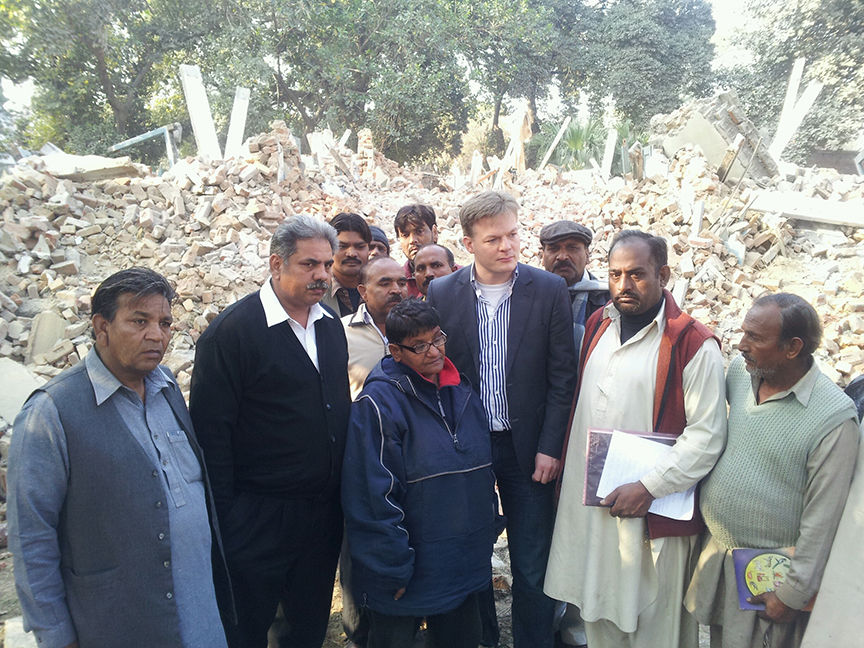Social hostilities related to religion climbed to alarming heights in 2012, according to a new report by the Pew Research Center.
One-third of the 198 countries and territories in the Center’s study had “high” or “very high” social hostilities involving religion, an increase from 29 percent in 2011 and 20 percent in 2007. Some of these countries are very populous. Collectively, they are home to almost 75 percent of the world’s population.
Social hostilities include “abuse of religious minorities by private individuals or groups in society for acts perceived as offensive or threatening to the majority faith of the country,” the Pew Research Center explained Jan. 14.
Violence has intensified in predominantly Buddhist Sri Lanka, where monks have attacked both Muslim and Christian places of worship. Attacks on Coptic Christians in Egypt rose in 2012, and Hindu nationalist groups in India have intensified efforts to enforce religious norms.
Mob violence related to religion has also increased, as has religion-related terrorist violence, which includes an August 2012 shooting at a Sikh temple in Wisconsin which killed six worshipers and wounded three.
About 18 percent of countries experienced sectarian or communal violence in 2012, up from eight percent in 2007.
The percentage of countries with harassment of women over religious dress has risen to 32 percent, an increase from seven percent in 2007.
Every country that had “very high” social hostilities in 2011 continued to rank “very high” in 2012: Pakistan, India, Russia, Israel, Indonesia, Iraq, Nigeria, Somalia, Sudan, the Palestinian Territories, Egypt, Yemen, Afghanistan and Kenya. Additionally, six new countries joined this list: Syria, Lebanon, Sri Lanka, Bangladesh, Thailand and Burma.
Among the regions of the world, only the Americas avoided an increase in social hostilities related to religion. The Middle East and North Africa witnessed the sharpest increase.
Although social hostilities have risen significantly, the number of countries with formal laws restricting religion has risen only slightly. In 2011 there were 20 countries ranked at a “very high” level of government restrictions on religion, a number which increased to 24 the following year.
However, restrictions increased in areas such as government interference with worship or religious practices, limits on public preaching, and the use of government force against religious groups or individuals.
Government interference with worship or other religious practice increased to 74 percent of surveyed countries from 69 percent in 2011 and 57 percent in 2007. Public preaching is now restricted in 38 percent of countries, while almost half of countries have used force against religious groups or individuals.
Pew researchers drew on publicly available information sources including the U.S. State Department, the U.S. Commission on International Religious Freedom, the U.N. Special Rapporteur on Freedom of Religion or Belief, the Council of the European Union and Amnesty International.
Some of the reported increases could be due to the use of better information sources, though the Pew Research Center said there is no evidence of a general information-based bias towards reporting higher restrictions.
The report does not include scores from North Korea because it is “effectively closed to outsiders.”
---Catholic News Agency

